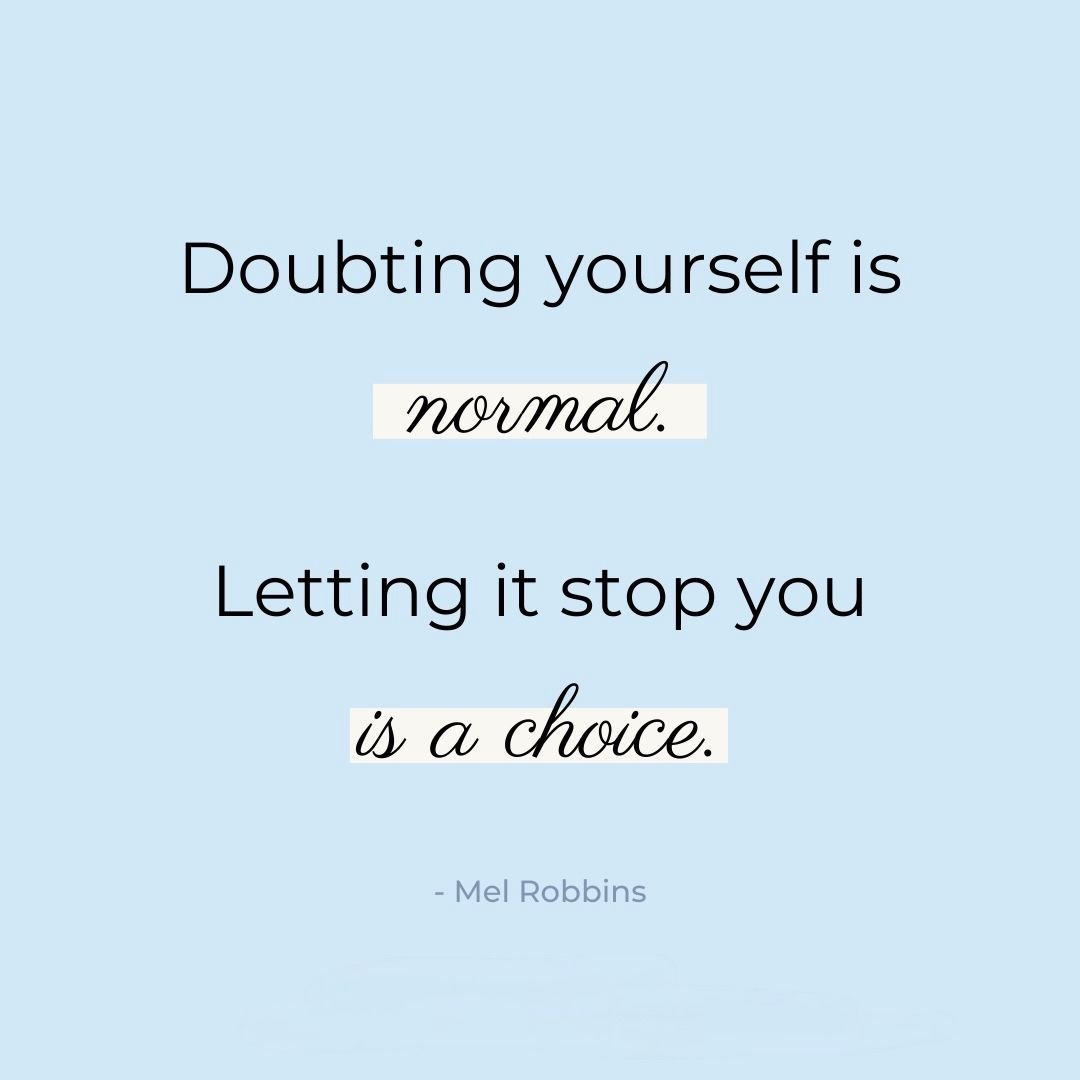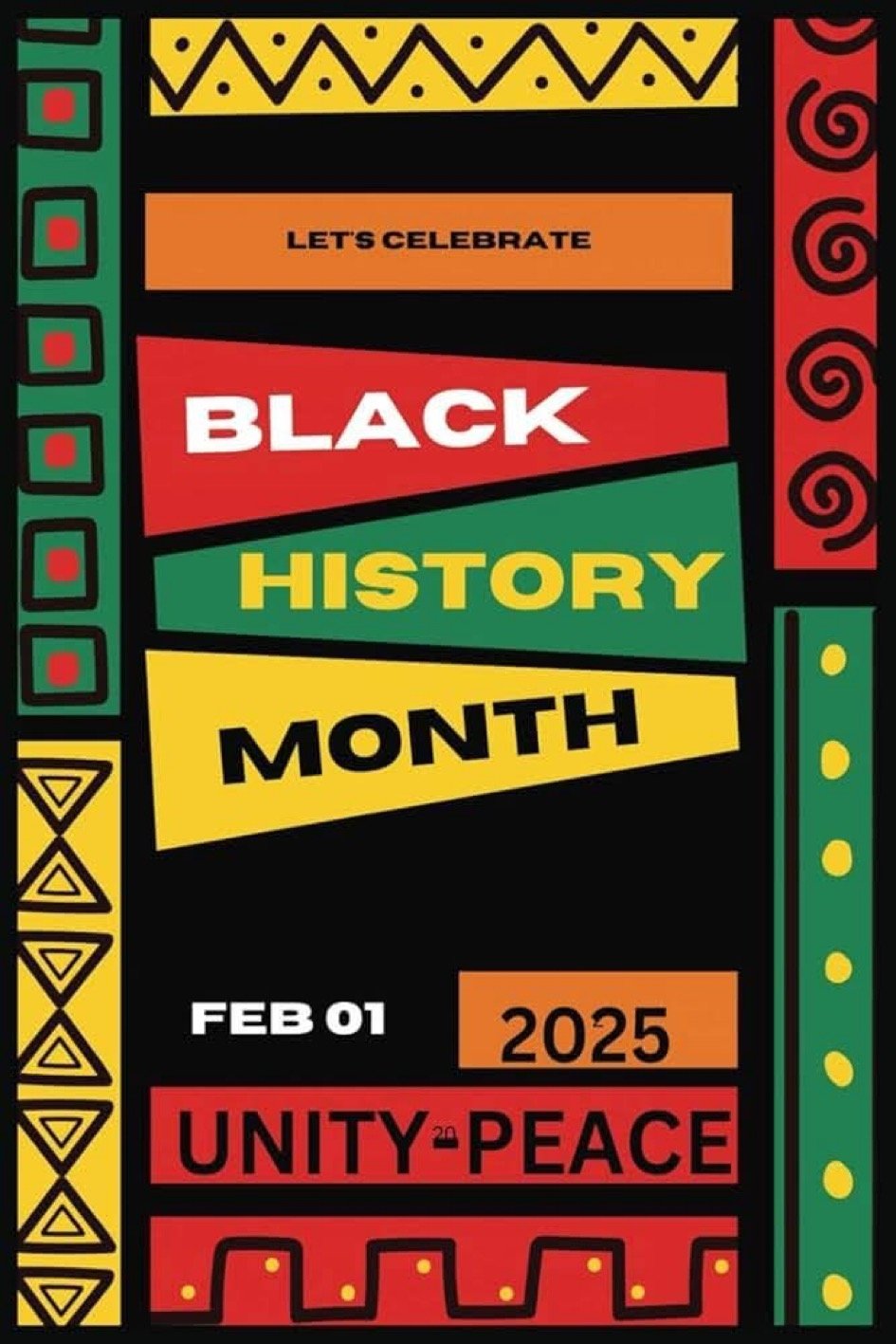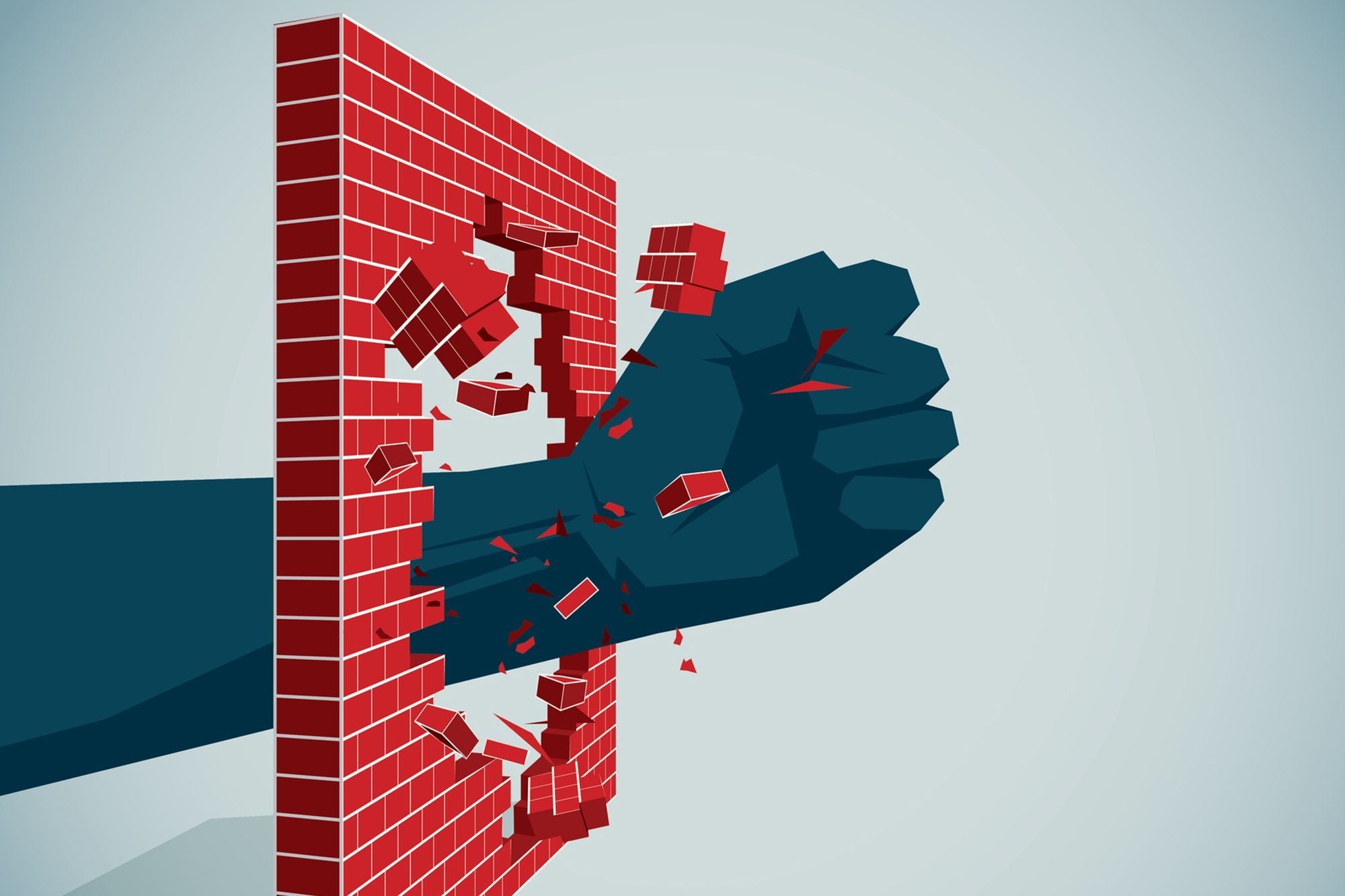Long-term planning is essential for leaders navigating an increasingly turbulent, ever-changing, and hyper-competitive world. Unlike management, leadership requires the ability to look ahead and make sense of uncertainty. A wise leader understands that time is a powerful, dynamic force. I think they recognise that life and leadership operate in seasons, each bringing its own opportunities and challenges. True leaders manage time with intentionality, prioritising what matters most. Planning ahead, making the most of every moment, knowing that without the wisdom to navigate time, their influence and impact will fade. Interested? Contact me via email for further details about cultural and emotional intelligence coaching.
Yes We Can
Barack Obama can be considered an outsider in multiple ways, depending on the context. Initially, he was a political outsider, but as the first Black president of the United States, his outsider status extended beyond politics. His "Yes We Can" slogan positioned him as a challenger to the status quo, yet once in office, he had to navigate and work within the very system he sought to change. Even after leaving office, he remains a transformative figure, continuing to challenge conventional thinking on issues of race, democracy, and global leadership.
Obama’s outsider status was both a strength and a challenge. It helped him mobilise new voters and inspire change, but it also made him a target for those resistant to shifts in power and identity. His presidency serves as a powerful example of how outsiders can redefine the system—if they can successfully navigate the resistance that comes with it.
Work-life balance
Danish workers place a strong emphasis on work-life balance, meaningful work, and flexibility. They value workplaces that prioritise personal well-being, autonomy, and a sense of purpose in their roles. I think that companies that embrace these values, while fostering a culture of trust and transparency will be better positioned to keep their employees. Providing opportunities for professional growth, encouraging open communication, and supporting a healthy work environment can further enhance employee satisfaction and loyalty. In a competitive job market, companies that align with these expectations not only attract top talent but also build long-term engagement and resilience within their workforce.
Outsiders may be attractive
Once you recognise that truth is not always taught to the masses, the pursuit of it can become a solitary journey. While many seek comfort in the support of others, few have the strength to walk alone. I think there is great value in being an outsider. Outsiders often have a clear vision of what they bring, but they face conflict because not everyone acknowledges or embraces their contributions. In other words, as an outsider, you may possess significant value, but that value is not always recognised or appreciated by others. Contact me via email if any of this resonates with you.
Pay attention
People tend to focus on what is happening in their immediate environment and plan only for the near future. The problem with this approach is that they often neglect distant threats, which may have a significant impact in the long run. This is part of human nature as distant threats simply don’t evoke the same sense of urgency or fear as immediate dangers, such as a looming economic recession or a natural disaster. Future problems often feel too abstract for us to act on; for example, the effects of climate change may seem gradual and intangible, making it easier to delay necessary action.
““Knowledge isn’t free. You have to pay attention.” ”
An alternative model
Research indicates that while 80% of organisations consider leadership a high priority, only 41% are adequately prepared to meet the challenges of identifying and developing leadership talent. To address this gap, I offer comprehensive leadership coaching that focuses on emotional intelligence and cultural understanding. My approach begins by helping you envision a detailed and vivid picture of your future, creating a clear and compelling vision of what you want to achieve. Once we establish and understand your unique perspective, we can identify new outcomes and goals that align with your aspirations. From there, we dive into tailored coaching sessions designed to unlock your potential and equip you with the skills needed to thrive as a leader.
Contact me via email for further details.
This makes sense
illustration: Lan Truong ©
Leaders are judged by their ability to cultivate and maintain strong relationships, as well as their capacity to determine the right course of action. The goal of leadership should be to empower those who are struggling to succeed while further enhancing the success of those who are already excelling. How do you hold others accountable for their responsibilities?
““Diversity is having a seat at the table, inclusion is having a voice and belonging is having that voice be heard.””
Dedicated to my late father
Language shapes our perceptions, emotions, and interactions, influencing how we see the world and those around us. The words we choose, whether consciously or unconsciously, carry weight. Consider the difference between loneliness and solitude; one evokes isolation, while the other suggests peace and self-reflection. Every word is like a seed, it can grow into a weed that chokes our perspective or a flower that fosters understanding and connection. Hate, whether personal or collective, has never been a path to greatness. It narrows our vision, preventing us from recognising goodness, progress, or possibility. If we seek growth, connection, and impact, our words must plant the right seeds.
Subtle shifts in behaviour
We live in an era shaped by ambitious goals and external expectations, where the pressure to measure up to others can make personal aspirations feel out of reach. The constant comparison - whether in careers, leadership, or personal growth - can create a sense of distance from one’s own path. As a leader, manager, or executive, the ability to navigate these pressures with clarity and confidence is crucial. Investing in coaching isn’t just a professional decision; it’s a commitment to self-awareness, strategic thinking, and sustainable growth. By developing your leadership capacity, you not only elevate yourself but also create a ripple effect that empowers those around you.
If you're ready to take the next step in your leadership journey, let’s connect. Send me an email to schedule a free 30-minute discovery session and explore how coaching can support your goals.
Black History Month 2025
““A people without the knowledge of their past history, origin and culture is like a tree without roots.””
Navigating unchartered territory
Image c/o @arvind.lakhani2
Effective leadership often involves questioning established norms and embracing innovative thinking. Leaders who prioritise emotional intelligence, and have a willingness to challenge their own beliefs are better equipped to inspire their teams and adapt to the ever-changing landscape of business. I think to move forward, leaders must challenge conventional wisdom and unlearn assumptions. Like an inventor or scientist, a leader operates in uncharted territory.
““Every great inventor or scientist has had to unlearn conventional wisdom in order to proceed with his work.””
Reaching the next level of leadership requires deliberate effort, it’s not a natural consequence of time or seniority. Tenure alone should never be the reason someone holds a leadership position. Advancing in leadership roles requires deliberate efforts in skill enhancement rather than relying solely on tenure. I think that leadership training should be crucial for career advancement.
The distinction matters
If you are in leadership development, talent management or HR, I think it’s critically important that you clarify the differences in leadership and management. When designing leadership development programs, be intentional about whether you are fostering leadership skills or management skills? As these titles should be used deliberately and clearly so that you don’t use them interchangeably. Smart is learning, wise is unlearning and the distinction matters.
Navigating unique challenges
Image: Pixabay ©
Self-awareness begins with self-knowledge, I mean understanding who you are, what you care about, and recognising your beliefs, strengths, limitations, values, emotions, and reactions. It is the ability to understand your emotions and how they shape your perceptions, thoughts, and impulses to act. Emotional self-awareness is particularly important because it helps direct our attention, allowing us to recognise what we are feeling, how intensely we feel it, and where it is guiding our focus. Since attention shapes our reality, being aware of how emotions influence it provides a valuable diagnosis of our current state. Maturity, in this context, involves widening the gap between impulse and action, enabling thoughtful and intentional responses.
The awareness of self
Although self-awareness is the least visible aspect of emotional intelligence (EQ), research indicates that individuals with low self-awareness struggle to develop strengths in other areas of EQ. By contrast, those with high emotional intelligence consistently achieve excellence in leadership, decision-making, and relationships. To cultivate self-awareness in emotional intelligence, it’s essential to focus on four key components.
Recognising emotions and their impact is like having an emotional radar, constantly scanning for shifts in your internal weather. This awareness helps you stay attuned to your feelings and how they influence your actions.
Understanding your personal strengths and limitations allows you to know when to lean into your superpowers - and when it’s time to call for backup.
Identifying your values and motivations serves as an internal compass, guiding you toward what truly matters in life.
Acknowledging biases and blind spots is crucial; while we all have them, the self-aware make a conscious effort to recognise and reduce their influence.
Together, these components form the foundation of emotional intelligence and a deeper connection to yourself and others. How do you cultivate self-awareness in your daily life?
Forces always come in pairs
““For every action, there is an equal and opposite reaction.” ”
Newton's Third Law of Motion, while a principle of physics, can be seen as a lens through which to understand the interplay of opposing forces in society. For example, in the political landscape, every action - such as a policy decision, social movement, or cultural shift - can provoke an equal and opposite reaction.
In 2025, with the USA facing challenges such as political polarisation, debates over social justice, and rapid technological advancements, the "equal and opposite reaction" concept can help illustrate why progress often feels contentious and why change frequently encounters resistance. If Newton’s Third Law holds true in every interaction, let’s see how this plays out in the world in 2025.
Learn to heal
Whenever you feel as though you are getting weak, there is something out there to strengthen you. Find that faith or should I say perseverance in yourself to keep going. I think life has a way of challenging us, but with inner confidence and an unwavering belief in our abilities, we can overcome any obstacle. Remember, every setback is an opportunity to grow stronger, and every challenge is a chance to prove our resilience.
““If you have no confidence in self you are twice defeated in the race of life. With confidence you have won even before you have started.” ”
Step up your expectations
Image c/o Shutterstock ©
The Pygmalion Effect is also known as the Rosenthal Experiment, named after a research of Robert Rosenthal at Harvard, in his famous "Oak School" experiment in 1968. It’s a psychological phenomenon in which an individual's performance is influenced by the expectations placed upon them by others. This concept is rooted in the idea that beliefs and expectations can shape reality.
When high expectations are set, individuals are more likely to feel motivated and supported, which fosters greater effort and persistence. These expectations are often communicated unconsciously through subtle cues such as tone of voice, body language, or the level of attention and encouragement provided. I think positive expectations tend to enhance performance, creating a self-fulfilling prophecy that reinforces the initial belief.
The privilege of invisibility
Humans tend to judge others based on the most visible and easiest characteristics to perceive. This behaviour can be traced back to our evolutionary history, as early humans relied on quick assessments of their environment and others for survival. Recognising friend from foe, identifying members of their group, and judging potential threats were crucial for avoiding danger and ensuring the survival of the fittest.
In modern society, these deeply ingrained instincts persist, often manifesting as biases based on skin colour, size, or other physical traits. For me, as a Black person who is 2 meters tall and weighs over 100 kilograms, I stand out, and I don’t have the luxury of getting mad as I am perceived as a threat before I even open my mouth.
This visibility also brings opportunities, for example, standing out makes me more memorable in both professional and social settings, which is advantageous when networking or building connections. My physical presence can naturally command attention, making it easier to step into leadership roles or influence group dynamics. Additionally, visibility amplifies my voice when advocating for important causes or challenging inequalities, as people are more likely to notice and listen. Finally, for those who feel underrepresented, my presence can serve as a source of inspiration, showing that it’s possible to break barriers and thrive despite societal biases.
It’s easier to judge someone based on their skin colour than their skills, character, or beliefs. In today’s world, you can look at someone from 100 meters away and form a judgment about them solely based on their skin colour, long before you know any other aspects of their identity, such as their sexual orientation or religion.
Healing and growth
I don’t believe we can become the people we aspire to be, or create the world we want and need, without having hard conversations. I think that you can have courage without being vulnerable. And we must show up and allow ourselves to be seen, even when the outcome is beyond our control, because that’s the true definition of courage. These conversations may feel uncomfortable at first, but over time, we grow familiar with them. After all, healing requires us to step into discomfort.
Facing adversity
© Erhui1979 c/o Getty Images
When facing adversity, we often hear the advice to "let it go." I think this phrase can be misleading and unhelpful, instead, the focus should be on "letting it be." Understanding the difference between these two approaches is crucial for building mental strength and resilience. "Letting it go" is one of the hardest concepts to grasp in psychology, where it is known as cognitive dismissal. This process involves attempting to forget or dismiss painful memories and emotions. However, as humans, we are wired to remember pain and significant experiences. These memories are programmed into our minds, and trying to erase them can feel almost impossible. In contrast, "letting it be" focuses on cognitive acceptance. This approach involves acknowledging and accepting our emotions and experiences without trying to force them away. By allowing ourselves to sit with these feelings, we can process them more effectively and integrate them into our lives in a healthier way.





















